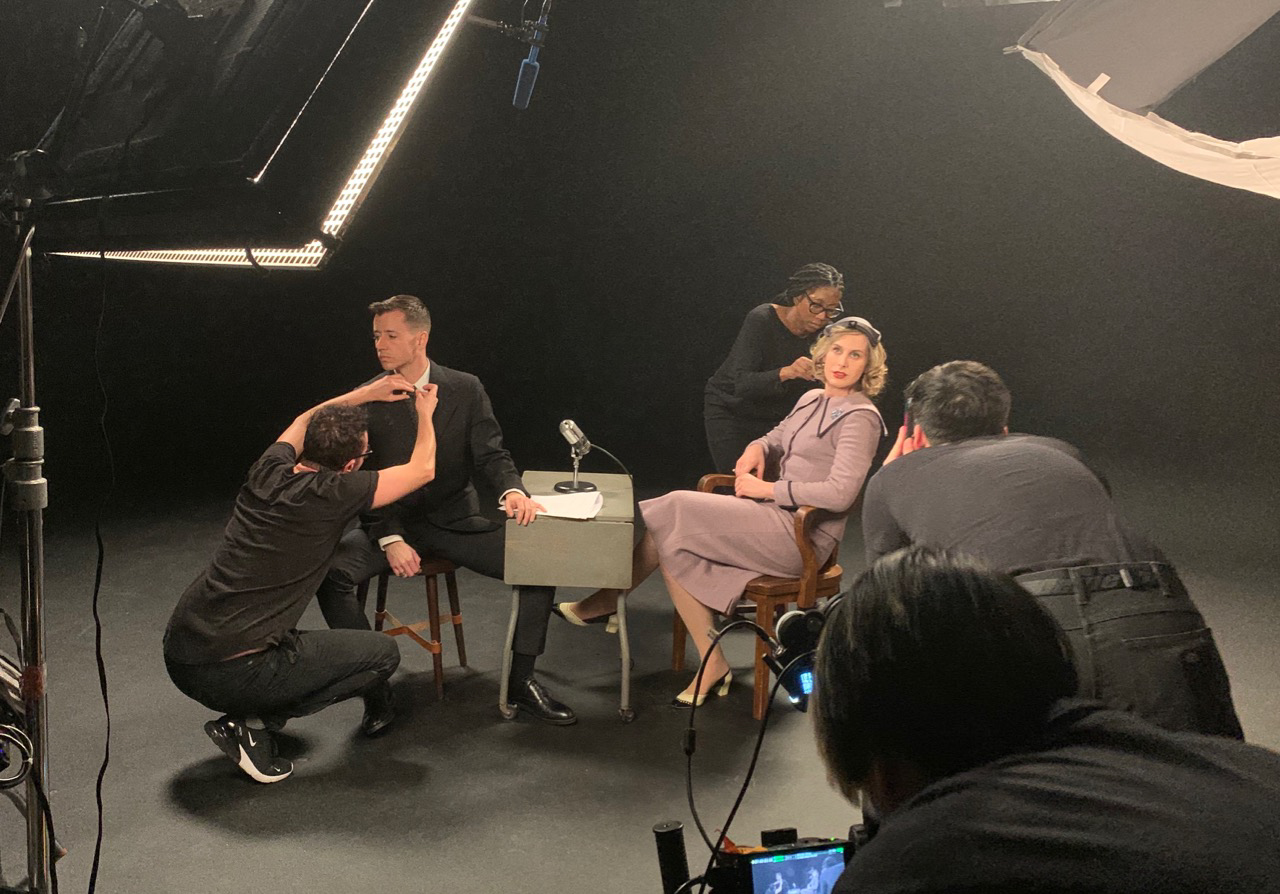UCLA psychologist Harold Garfinkel began a case study on Agnes in the 1950s.
Agnes would go on to become the central figure in one of the first sociological conversations surrounding the transgender community. Now, her story will be shared alongside others’ from UCLA’s gender clinic in the talk show-esque film “Framing Agnes.”
The feature, which is based on a short film of the same name, explores case files from the clinic in the 1950s. Producer Samantha Curley said the film industry has slowly begun to integrate more representation of the transgender community, allowing for a space to discuss the community’s culture and history.
Curley spoke with the Daily Bruin’s Kristin Snyder about the film’s origin, the importance of telling stories from the transgender community and the role of truth-telling in film.
Daily Bruin: How would you describe “Framing Agnes?”
Samantha Curley: “Framing Agnes” is a hybrid experimental documentary about never-before-seen case files from transgender history. … It’s held within the frame of a road trip film where she goes on a quest to find these never-before-seen case files. The project is really looking at the role of truth-telling, of performance, of representation and construction of identity. … At the same time, we get to see a who’s who of trans Hollywood today re-enacting these historical subjects and talking about representation, the politics of truth-telling and the cultural tipping moment of trans representation in the mainstream.
[Related: Love spells trouble for queer characters in student film about love’s trials]
DB: What first drew you to this project?
SC: I’m the producer, and the director, and I have been collaborators since we met at Outfest in 2013. As a producer, I love to work on projects with directors that I totally love and am into their vision. I’m really looking to explore and experiment with new ways to tell stories and telling the stories of underrepresented communities.
For me personally, this movie is a story of collaborating with (director) Chase Joynt and working with him on this world-building experiment we’ve been doing. It’s not just what we’re seeing on camera. … I think hearing stories about trans identity that are not just about individuals’ before-and-after transition stories are things that people are really hungry for.
DB: Every producer takes on the role in different ways, so how did you approach this film?
SC: It’s an indie, low-budget project, so I’m doing everything from managing the budget, to hiring the crew. The thing I’m really drawn to, and what (Joynt) and I worked on together is that world building. Thinking about how do we create a structure within the film industry – which has its own very hierarchical structure – how do you build this different system? How do you build a set in which … trans and queer people are getting a chance to practice their craft and learn?
[Related: Movie review: ‘A Fantastic Woman’]
DB: What is the importance of telling a story from the 1950s instead of one that is more modern?
SC: There isn’t really an equivalent happening right now. We see through these case files that this sociologist’s office is writing the script of how we understand trans and gender-nonconforming people right at the turn of the sexual revolution. It’s a really interesting and poignant moment in history that I don’t think we can really replicate that today.
At the same time, we can see how much has and hasn’t changed and what still resonates. It gives us this really unique window while also kind of showing how today, its kind of the same thing happening – the same political questions. … For the trans community being able to claim a history is so important and something that people really resonate with.
DB: As the co-founder of Level Ground, how would you say this film ties into the organization’s concept of experiments in empathy?
SC: Level Ground is a nonprofit arts organization that I co-founded and run, and its a producing partner of “Framing Agnes.” It aims to provoke critical conversation around race and class and gender. We do that all within this stream of experimentation. “Framing Agnes” is such a good example of what Level Ground is doing in that the form itself is experimental.
We’re experimenting with a new way to tell a story, a new way to tell history, a new way to explore and provoke truth. We’re also working to tell a story that will connect with diverse audiences (including) people who might not know anyone who is trans or people who identify as trans, creating a shared language and a way to have conversations with each other.

